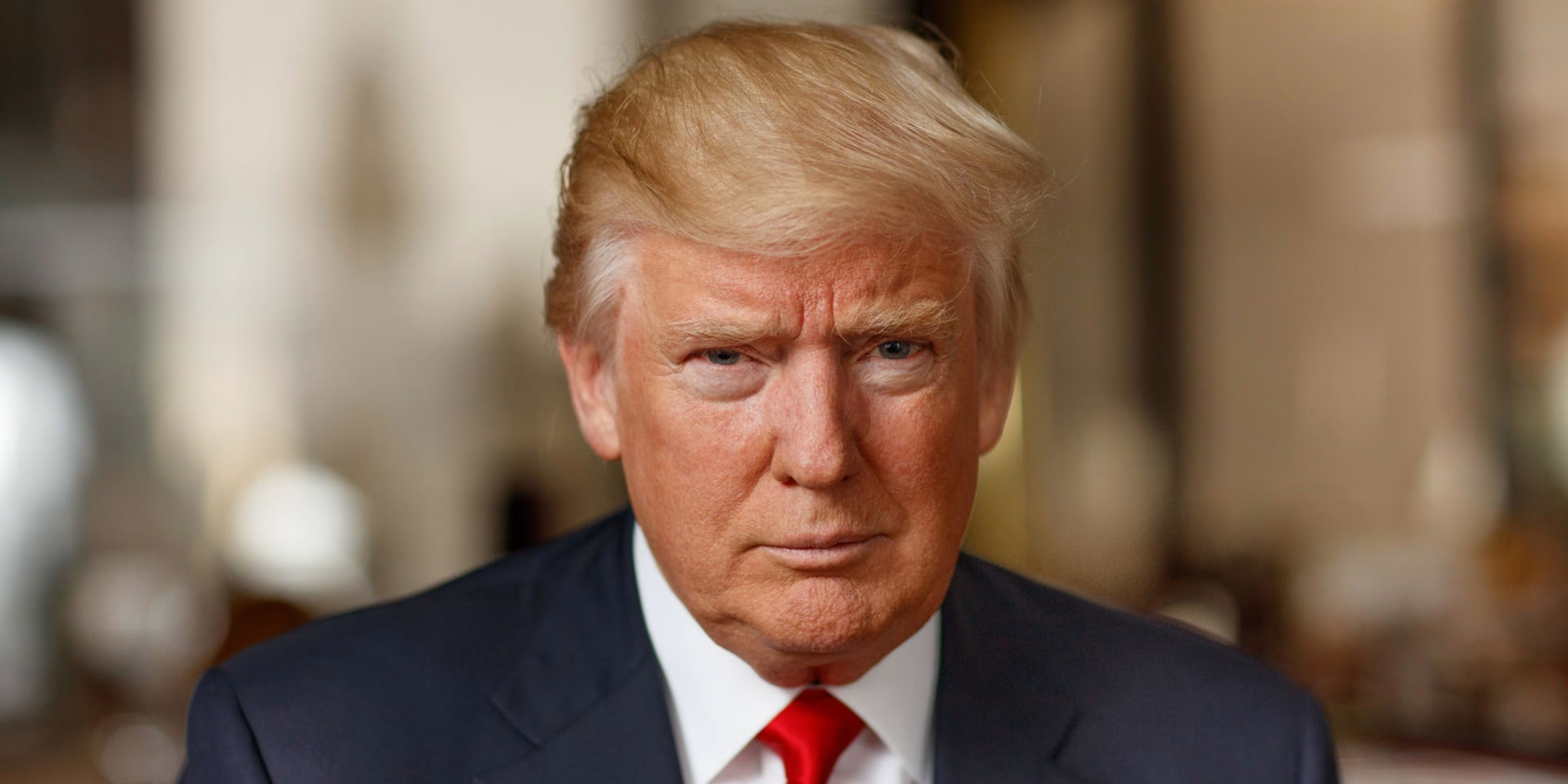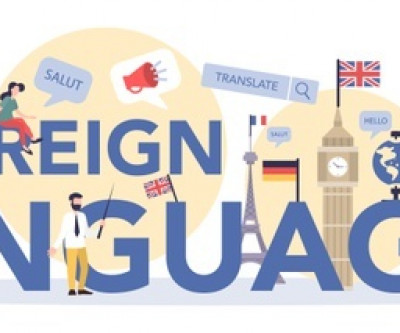Latest Ads
-
Jasmine Jewel
Call
-
Omidan group
Call
-
Amir Madanpour
Call
-
Dimo studio
Call
-
Yorkacademy
Call
-
Maryambagheri
Call
-
Shishlix Restaurant
Call

Most Trump tariffs are not legal, U.S. appeals court rules
NEW YORK – A federal appeals court ruled Friday in a split vote that most of President Donald Trump’s tariffs are illegal, a ruling that undermines one of the Republican president’s key economic tools.
However, the court allowed the tariffs to remain in place until Oct. 14 so the Trump administration can appeal to the Supreme Court.
The decision comes as another legal battle over the independence of the Federal Reserve is also about to reach the Supreme Court, a matter that could lead to an unprecedented legal battle over Trump’s economic policies.
During his second term, Trump has made tariffs a central pillar of U.S. foreign and trade policy, using them to exert political pressure and renegotiate trade agreements with countries that export to the United States.
While the tariffs have given his administration leverage to extract economic concessions, they have also caused severe volatility in financial markets.
After the ruling, Trump called the court “very partisan” on his Truth Social media account, saying, “If these tariffs are struck down, it would be a complete disaster for our country.” He predicted the Supreme Court would overturn the decision.
“President Trump acted within the authority given to him by Congress. The tariffs remain in place, and we are confident of our ultimate victory in this case,” White House spokeswoman Kush Desai said in a statement.
Details of the ruling
The 7-4 ruling by a federal appeals court in Washington was about two sets of “reciprocal” tariffs Trump imposed in April and tariffs in February against China, Canada and Mexico.
The court emphasized that the International Emergency Economic Powers Act (IEEPA) does not allow the president to impose tariffs or taxes. The 1977 law was primarily used to impose sanctions or freeze the assets of foreign adversaries.
Trump is the first president to use the law to impose tariffs, claiming that trade deficits, undermining domestic production and drug imports pose an “unusual and extraordinary” threat to national security.
Reactions and consequences
Economic officials and experts said the Trump administration had expected such a ruling and would likely resort to other legislation to continue implementing the tariffs.
The stock market did not react significantly to the news, but analysts warned that increasing uncertainty over trade policy would be detrimental to American companies.
The legal case continues while Trump is also engaged in an attempt to remove a member of the Federal Reserve, a move that could jeopardize the independence of the US central bank.
The tariff case was initiated by a lawsuit by several small American companies and 12 Democratic states. They emphasized that the Constitution only gives Congress the power to impose taxes and tariffs and that the president cannot exercise such authority without express and limited authorization.
News source
Suggested Content
Latest Blog
Login first to rate.
Express your opinion
Login first to submit a comment.
No comments yet.


































